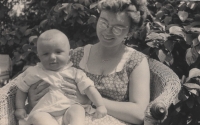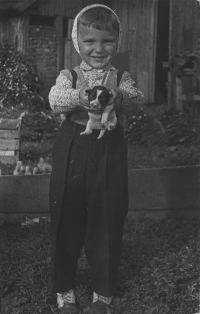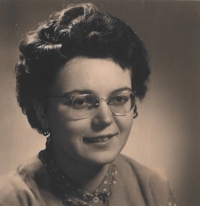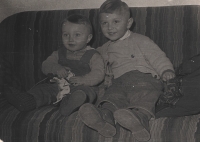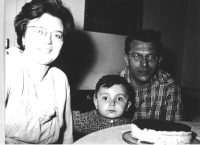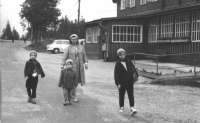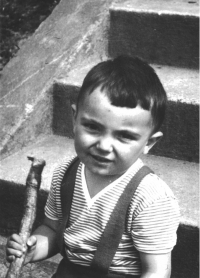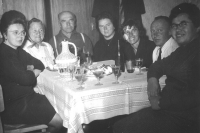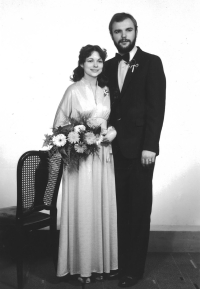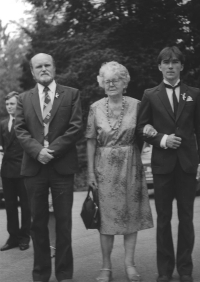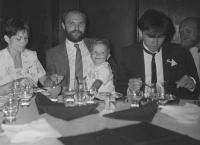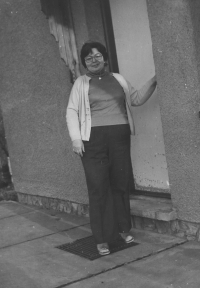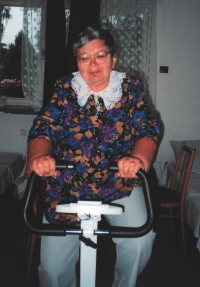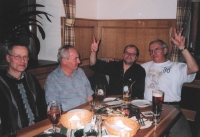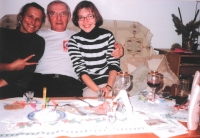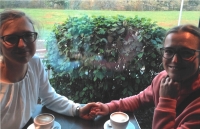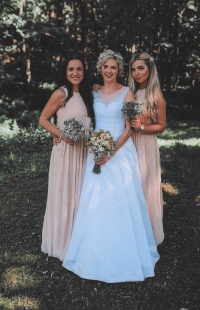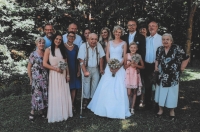We are the ones who set the terms here, he announced to the Communists and banged the table
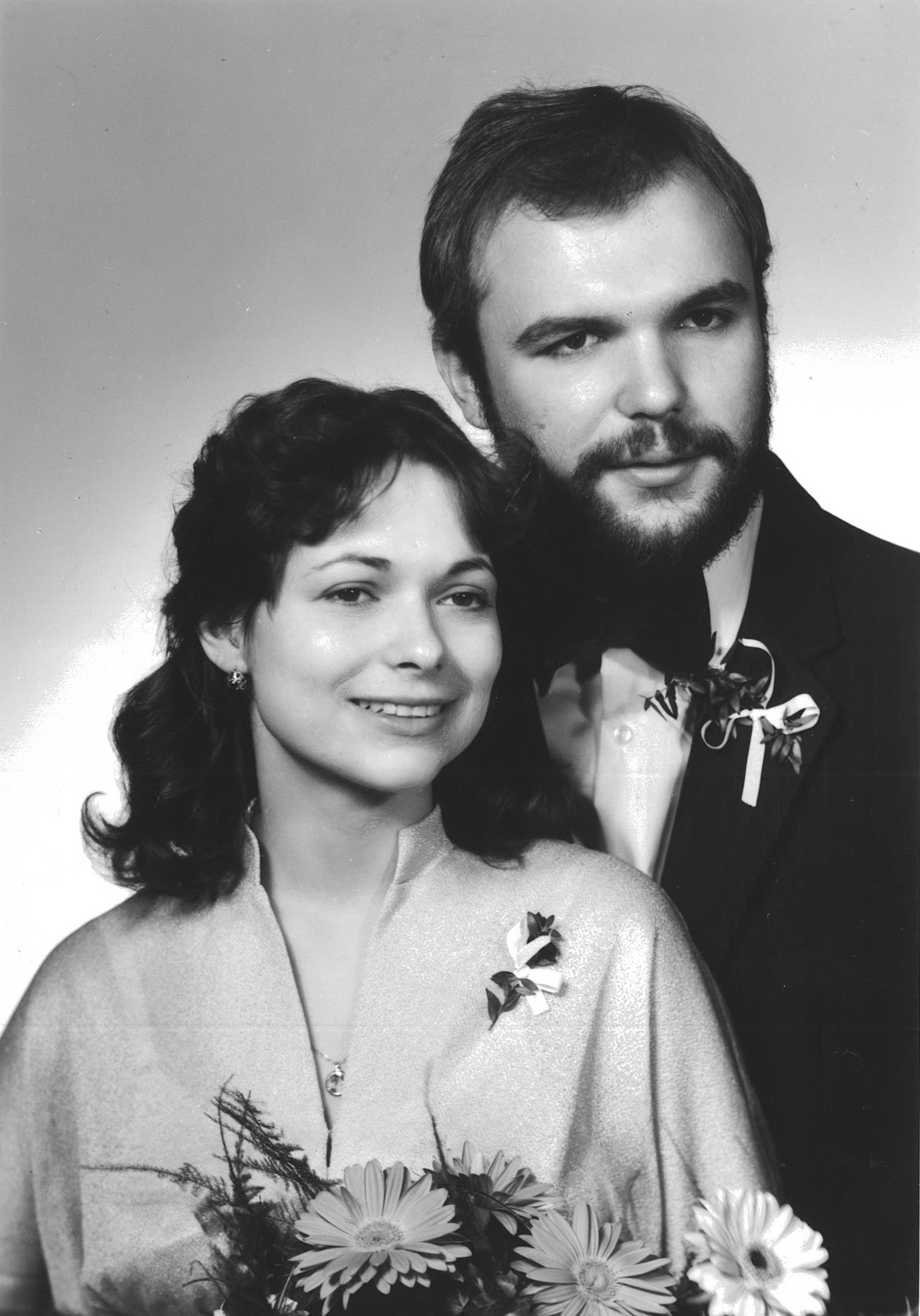
Download image
Libor Novák was born on 2 March 1958 in Trutnov. He spent his childhood in Poříčí. His dad worked in the local power plant, and his mother was a midwife. After primary school, he studied at the Trutnov Grammar School. Instead of being a pioneer, in 1964, he became a member of a youth camping club run in the Scout style. At the grammar school, he and his friends founded a musical group called Bubáci. He graduated in 1977 and was only allowed to study at certain universities, of which he chose the Faculty of Electrical Engineering at ČVUT. In 1981, he got married, and two daughters were then born. He graduated in 1982 and then joined the military academy in Brno. He went on a mission to Libya, where he interpreted while teaching electrical engineering to cadets. In 1983, he started working at the ZPA plant in Trutnov. In November 1989, he prepared the general strike in Trutnov and became chairman of the strike committee. He was the chairman of the Civic Forum of the Trutnov district. In 1990, he was co-opted to the Czech National Council, where he served on the Committee for Trade and Tourism. From 1992 to 1996, he was a member of parliament for the ODS. He became Vice-Chairman of the Budget Committee and Chairman of the Delegation to the Council of Europe. Since 1996, he has been a consultant and has worked in various fields. In 2023, he lived in Trutnov.

